How To Treat dengue Fever? what is its symptoms and casues
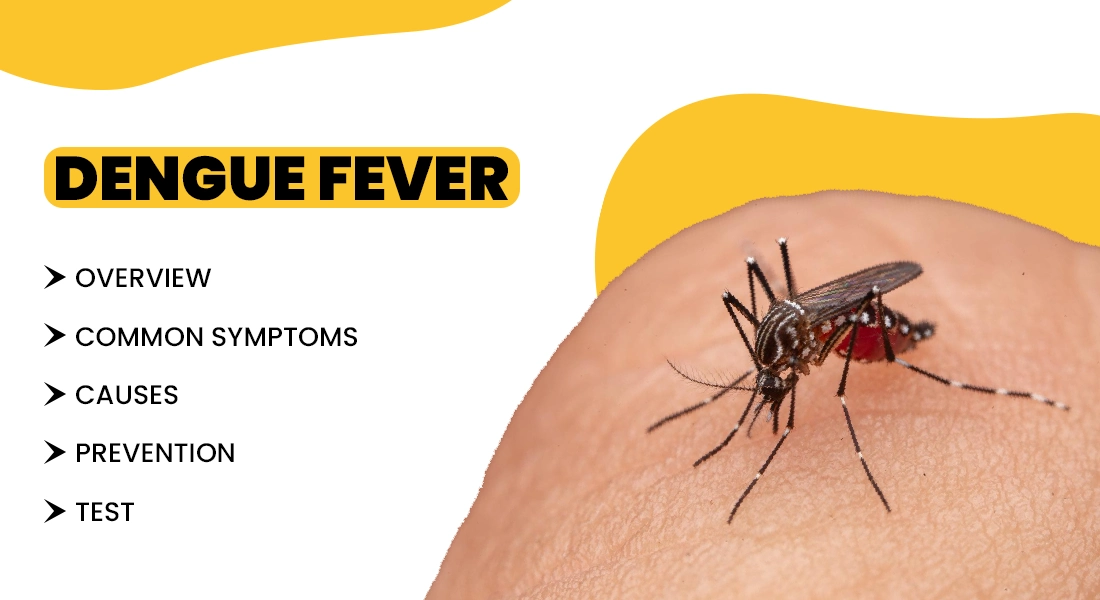
On this page
The dengue virus has been poisoning the Indian population for a long time now. The climate change trajectories and polluted food and water keep throwing the country into the hands of the harmful virus. Millions of Dengue (pronounced Den-gee) fever cases are recorded around the globe every year, with tropical and sub-tropical countries being mostly affected.
If you or your family live in such areas, it is important to have complete information about the disease, so that you can take the necessary actions in case of an outbreak. This blog will give you a complete and in-depth insight into Dengue fever, its causes, symptoms, and how to treat it. Keep reading to find out.
Overview of the Dengue Fever
Dengue Fever is an illness caused by the bite of an Aedes mosquito, occurring majorly in tropical countries like India. The symptoms of Dengue fever can range from mild to severe and while there is no cure for the disease, treatments can help reduce the symptoms and the pain that the patient might be suffering from.
Dengue is a viral infection and can severally affect the muscles and the bones of the body. Therefore, the best way to stay away from the virus is to take adequate preventive measures and avoid being bitten by mosquitos, especially during an outbreak.
Cause Of Dengue Fever
Causes of dengue are due to four Dengue viruses, DEN-1, DEN-2, DEN-3, and DEN-4 respectively. All four of these viruses fall under the category of the infamous DEN-V virus, which is the main cause of dengue fever. The transmission mode of the virus is when a female Aedes mosquito bites the patient, causing the virus to enter the bloodstream and replicate itself.
The virus can cause certain severities, and in worst cases can be fatal, if the condition worsens. The Aedes mosquito also carries certain other viruses including Zika and Chikungunya, apart from the DEN-V virus.
How Does the Virus Spread?
Unlike other forms of flu, the Dengue virus is not contagious from human to human, that is unless a pregnant woman gets infected with the virus and passes on to her child. Commonly, the virus spreads when an Aedes mosquito bites someone who already has the virus, and then goes on to bite someone else. The process keeps on repeating and can even lead to a massive outbreak infecting lakhs of people.
Symptoms Of the Dengue Fever
As said above, symptoms of dengue fever can get severe, depending on a variety of factors. Factors like age, immunity, and the general fitness of the patient can play a vital role in deciding how fast and if the person recovers at all.
The main symptom of the illness is an extremely high fever (close to 40 C). Some other common symptoms of dengue include:
- Nausea or Vomiting
- Headaches
- Pains in the joint, muscles, and bones
- Pain in the orbital cavity
- Rashes and redness
- Watery eyes
- Swollen Glands
Dengue symptoms can easily be misunderstood for common illnesses like flu or cold. Therefore, it is necessary to get the necessary tests done whenever you are suffering from these symptoms, especially at times of an outbreak.
How Is the Viral Infection Diagnosed?
If you are suspecting an infection, the first and foremost thing you should do is reach for the doctor. Most probably, the doctor would prescribe a blood test to check for dengue or other infections. Pin-pointing the problem can be tough, as the symptoms are similar to those of many other common illnesses.
Your doctor may also ask about your family history and check if any of the places you’ve traveled anywhere recently to dengue-prone regions.
Precautions For the Dengue Infection
If you live in tropical or sub-tropical areas, you should take adequate precautions so that you do not fall into the trap of the deadly virus. After the virus enters, symptoms can start showing anywhere between 2-7 days. This is why preventive measures are always better than going through hard treatments.
Below are some measures you can take to prevent dengue fever:
- Wear Clothing That Covers Your Body Fully
If you live in an area that is recently going through a dengue outbreak, it is highly recommended to wear long sleeves and full pants that cover up most areas of your body. Sleep in highly ventilated areas with proper air-conditioning or fans, to lower the chances of mosquito bites.
- Rub Mosquito-Repellants on your Body
This is one of the best ways to prevent dengue fever. Since mosquito-repelling creams and lotions cover your entire body, they are a highly effective measure when it comes to keeping yourself safe from getting infected.
- Never Keep Stagnant Water in Your House
Mosquitos can breed in areas with stagnant water. Therefore, make sure to empty any buckets or mugs that contain water. Furthermore, make sure that there is no stagnant water in your neighborhood.
- Use Mosquito Vaporizers
Another protective measure against mosquitos includes vaporizers that kill dengue, malaria, and chikungunya mosquitos. It provides instant mosquito protection and does not cause any irritation to the skin.
Test In Dengue
There are mainly 4 tests for dengue. which suggest by a doctor to the patient when he/she suffers from dengue. the tests are:-
- Dengue NS 1 Antigen
- Dengue IgM Antibody
- Dengue IgG Antibody
- platelet count
Dengue Fever Treatment
Since dengue is caused by a virus, no specific treatment of dengue fever exists for it as of now. The fever and symptoms fade away naturally after 2-3 weeks, after which the body becomes immune to the disease. Typically doctors recommend a series of advice for a patient recovering from the illness.
Make sure to keep yourself hydrated, and drink plenty of fluids while recovering. Furthermore, call your doctor right away if symptoms continue to worsen.
Final Words
Dengue fever treatment can be hard, and symptoms can be severe, which is why prevention is always better than cure. To get the most accurate blood tests, head over to City Imaging in Delhi NCR. They also offer certain other tests including ultrasounds, x-rays, TMT tests, CT scans, MRIs, etc. at affordable rates.
DISCLAIMER
THIS WEBSITE DOES NOT PROVIDE MEDICAL ADVICE. The information including text, graphics, images, and other material contained on this website is for informational purposes only. No material on this site is intended to be a substitute for professional medical advice, diagnosis, or treatment. Contact a health expert if you have questions about your health.





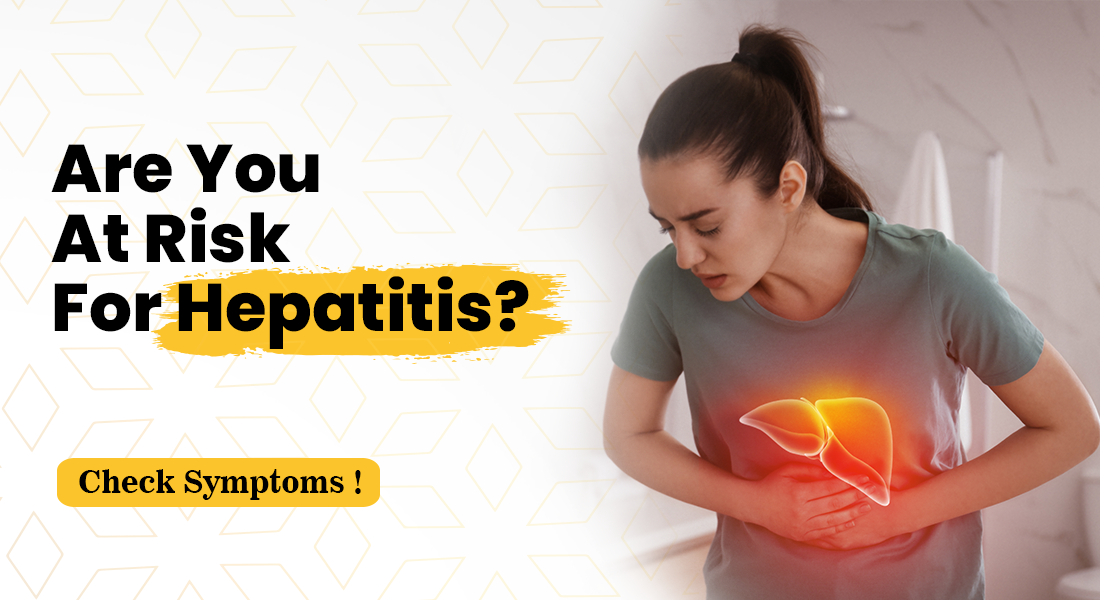
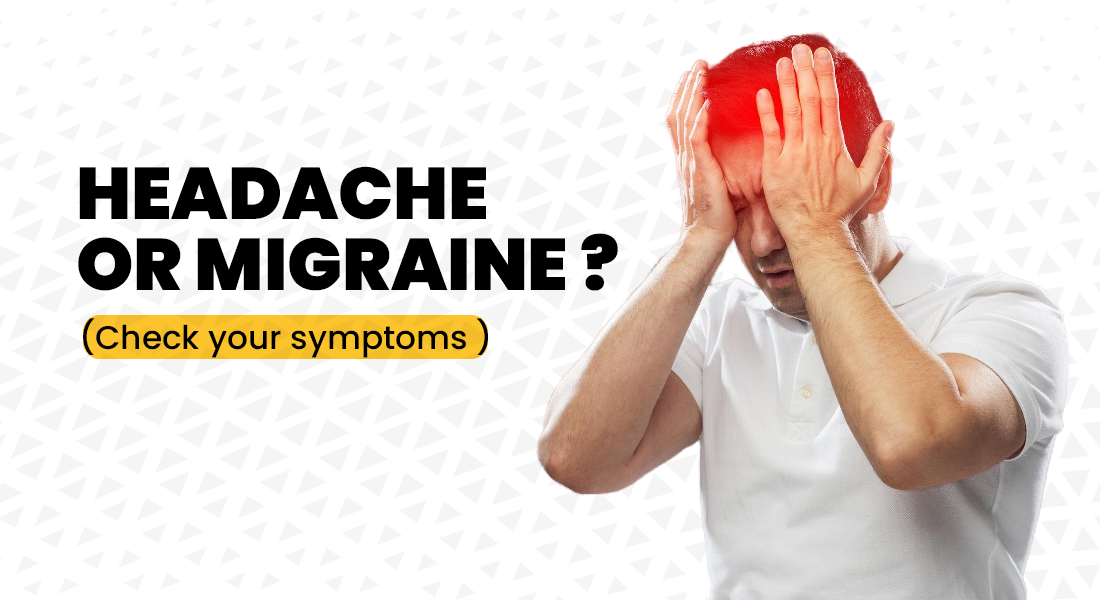
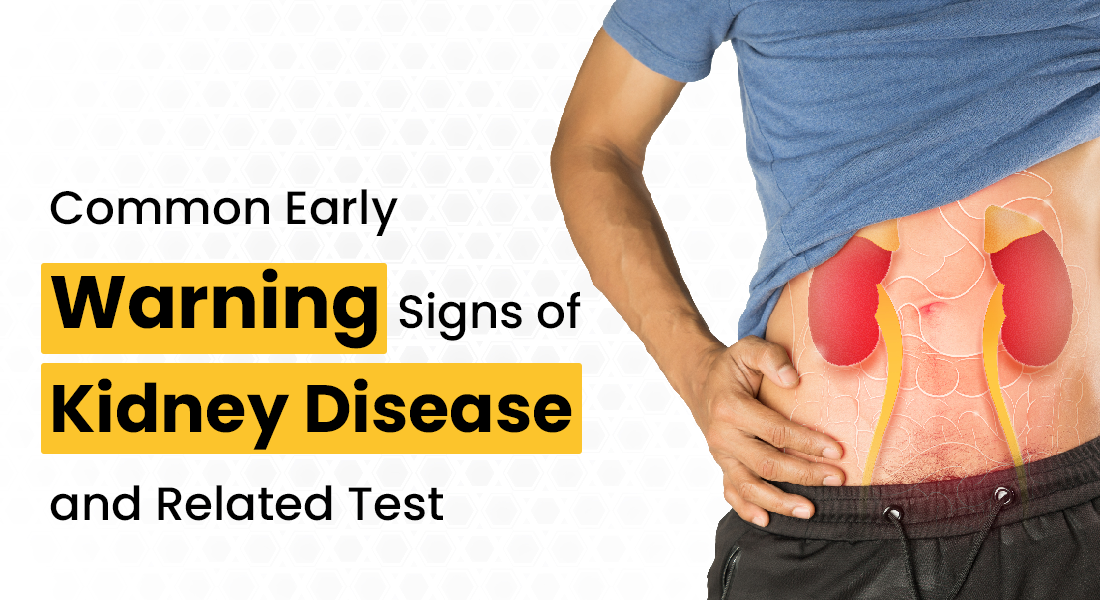


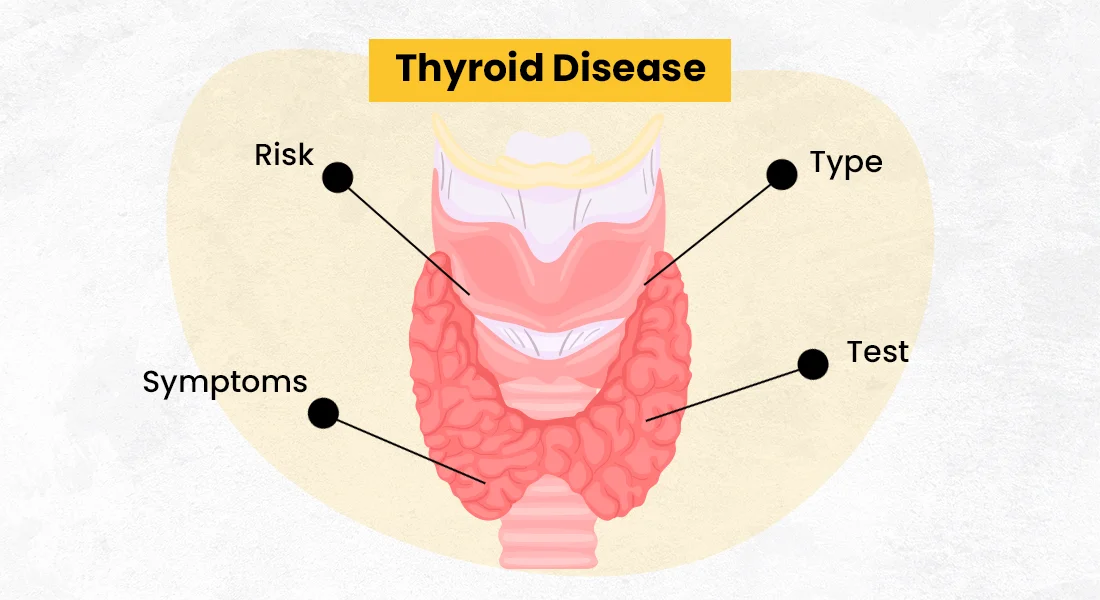
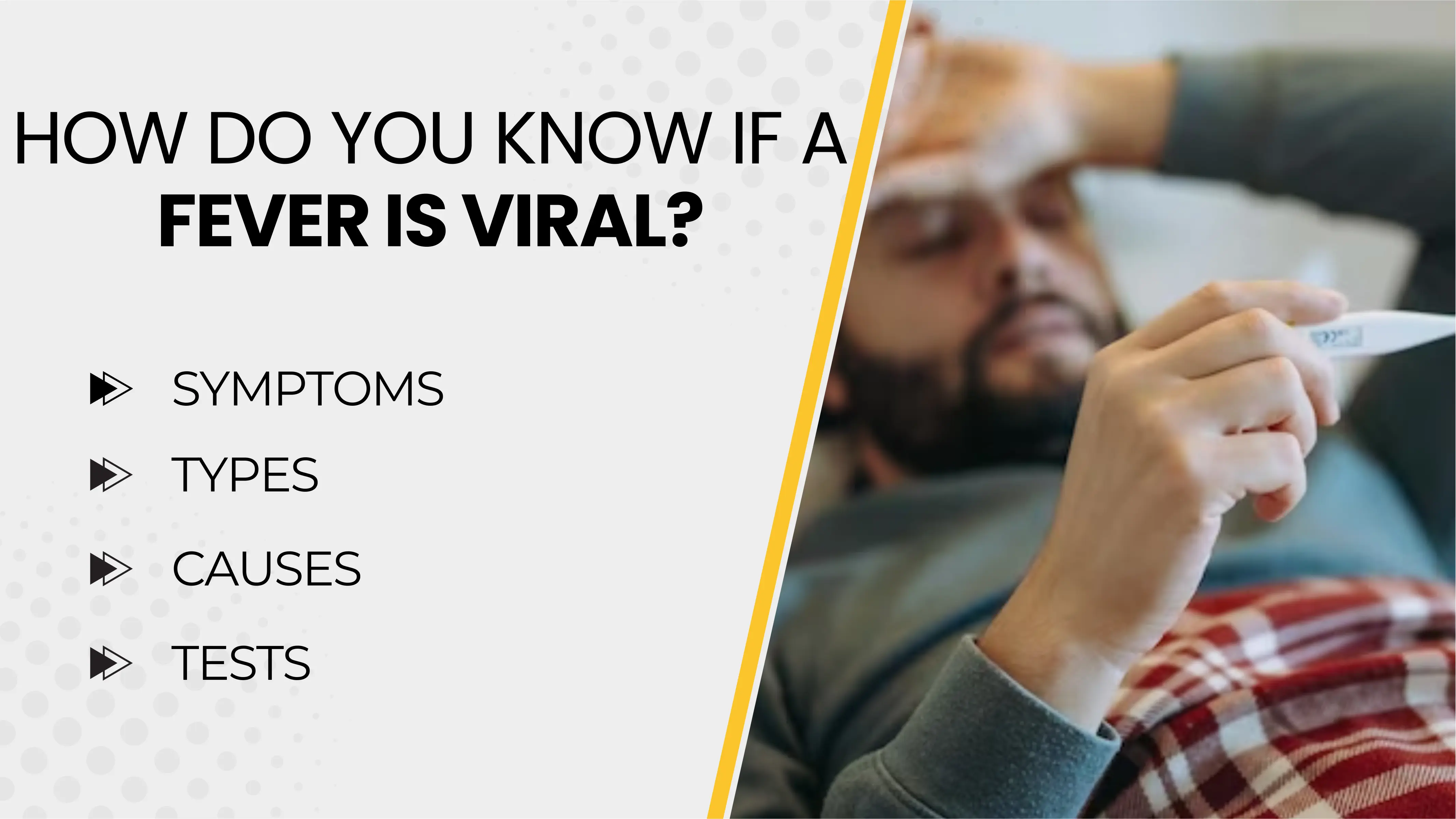

Comments List